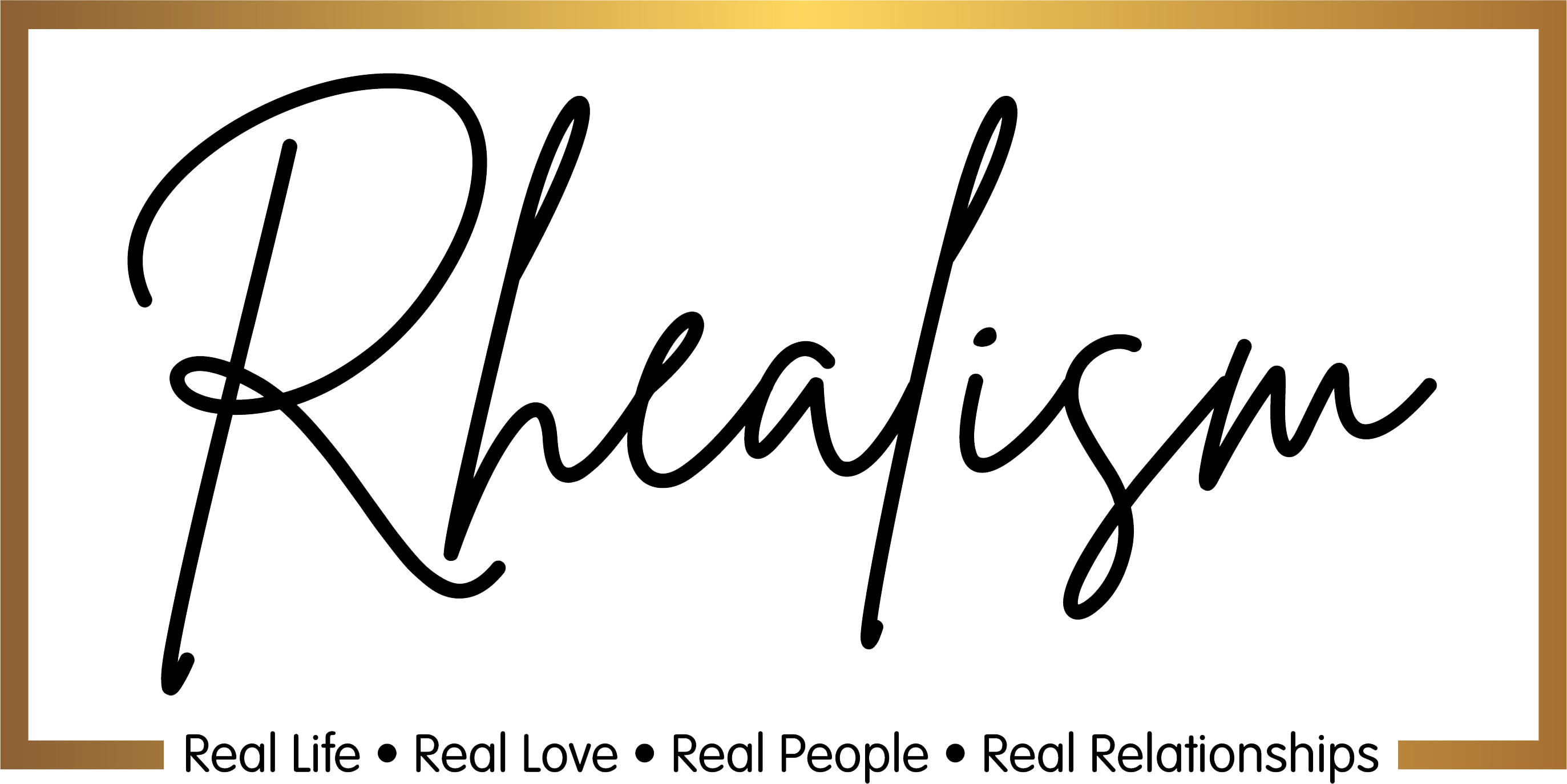W ith another element, Tinder states it wants to boost the risk for swiping feel more secure for its LGBTQ owners touring and residing certain nations.
On Wednesday, the a relationship software launched another protection modify known as “Traveler warn” may warn owners could discovered on their own as lezzie, homosexual, bisexual, transgender and/or queer once they enter a country that would criminalize them that they are completely.
The app intends to use the sites from individuals’ tools to find out if there’s a threat into the user’s basic safety, wherein customers should consider to acquire their shape concealed in their visit or make visibility general public once again. The problem being that if a person decides to need her write consumer, his or her intimate liking or sex name will not be revealed regarding the application until these people go back to a spot the spot that the consumer is deemed safer to disclose their own identification.
In declaration, Tinder claims the two formulated the element so that users “can get further extreme caution plus don’t unknowingly location by themselves at risk for just are by themselves.
Tinder joined making use of the world Lesbian, Gay, Bisexual, Trans and Intersex connection (ILGA), an LGBTQ advocacy planning, to find out which countries’ individuals are at more risk of in danger. The two determined that 69 region, such as 11 places in which consensual same-sex acts might be punishable with the demise penalty, will be put to use in the attribute.
ILGA Executive Director Andre du Plessis states in an announcement which company aids the strides that Tinder happens to be producing to protect people in the LGBTQ neighborhood.
“We believe this particular progress will promote consciousness amongst all Tinder users, that assist secure people of varied intimate orientations into the 69 region internationally that now continue to criminalise same-sex appreciate,” Plessis claims. “We strive to restore tactics, laws and behavior that placed LGBTQ visitors vulnerable – including the using going out with applications to target united states – however in the interim, the security in our neighborhoods likewise relies upon supporting the company’s electronic well-being.”
OutRight Overseas Deputy Director Maria Sjodin tells HOURS that every dating applications ought to recognize that LGBTQ men and women are positively making use of their programs.
“I do imagine it’s essential that all dating programs recognize that they will have customers that are LGBTQ group. And I imagine it’s important that these people recognize that in many region plus in many societies, folks carry out look assault and discrimination,” Sjodin states.
Sjodin states that even though this is a great shift toward defending LGBTQ individuals, this posting will also serve as a reminder that there are LGBTQ people who permanently live in the communities that other individuals are just visiting.
“Even people that inhabit that region include facing, almost certainly in many cases, greater risks than whoever am just travel through anywhere for a couple of time or 2-3 weeks as a tourist,” she claimed.
Tinder enabled escort services in Temecula owners the option to decide on his or her gender recognition in 2016 and has executed strategies to make app even more inclusive. The organization stated people should be expecting this new attribute to roll out inside impending period.
The true reason for this seems to be fairly noticeable when we see exactly how someone judge his or her feel on applications. Of those who have tried online dating programs, 47per cent have seen a “very glowing” or “somewhat beneficial” experiences.
Compared, just 19per cent have acquired a “very unfavorable” or “somewhat negative” encounter.
Unsurprisingly, males generally have a significantly better adventure than women—though one out of three men and one and three people said their enjoy was natural.
The main complications with dating apps, based on 2018 study reports, are untruthful personal information being talked to in ways that produce the user think uncomfortable, with roughly one in three matchmaking app people using skilled either of those.

Leave A Comment